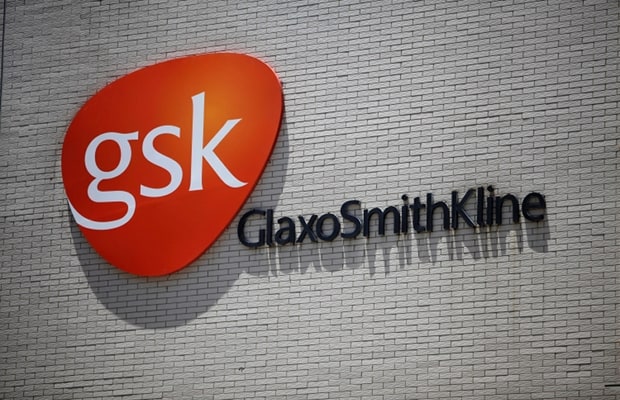
GSK strikes new vaccines deal with Gates Foundation
pharmafile | October 30, 2013 | News story | Research and Development, Sales and Marketing | GSK, Gates, bmgf, vaccines
GSK and the Bill & Melinda Gates Foundation (BMGF) will invest a combined $1.8 million in early-stage research into making sure that vaccines can be stored in hot countries more easily.
Specifically, the two groups have launched a new joint initiative that aims to make vaccines more resistant to heat, thus reducing the need for refrigeration.
Most vaccines must be kept cold and transported under constant refrigeration via a so-called ‘cold chain’ which is a significant challenge in hot, remote and poor regions as found in some African countries.
Details of the ‘Vaccine Discovery Partnership’ (VxDP) under which this initiative falls were unveiled at the Foundation’s Grand Challenges Meeting in Rio de Janeiro, Brazil.
In one of the first projects to start under this initiative, GSK researchers will explore how to make adjuvants, which is a critical component of some vaccines, more heat stable.
Emmanuel Hanon, senior VP of vaccine discovery and development at GSK, said: “Developing a thermostable adjuvant is an important and ambitious goal. This partnership is the starting point for research into an exciting area of biomedical technology that has the potential to overcome a significant and long-standing barrier to vaccine access in developing countries.
“At GSK, we believe that by working together we will find innovative solutions to the world’s biggest health problems.”
Malaria vaccine
The project will focus initially on the adjuvant AS01, which is used in GSK’s RTS,S malaria vaccine candidate, currently in late-stage development in partnership with the PATH Malaria Vaccine Initiative.
RTS,S has been designed for use in infants and children from sub-Saharan Africa, where maintaining vaccines at an optimum temperature can be challenging. Developing a method of making AS01 more heat stable could bring a significant public health benefit.
The results could also have broader applications for all other AS01-containing vaccines, including vaccines in development by GSK against HIV and tuberculosis.
“Vaccines are one of the most powerful tools to save and improve lives, and this partnership with GSK will help drive research and development efforts to overcome persistent global health challenges,” said Trevor Mundel, president of global health at the Bill & Melinda Gates Foundation.
“Reducing the dependence on the cold chain is critical to the affordable delivery of life-saving vaccines to the children who need them most.”
Despite significant progress over the last decade, over 22 million children in developing nations remain without access to life-saving vaccines. Reducing dependence on the cold chain is a key approach to support the effective and affordable delivery of vaccines for global health.
Projects funded through the VxDP will also look to solve some of the world’s most intractable health problems, including barriers to vaccine access.
GSK is in ongoing discussions with the Foundation to shape and plan additional projects with relevance to global health that can be initiated through this new collaboration.
The company already has ties to it via its 2012 deal with US not-for-profit biotech Aeras that also receives money from the Foundation. This agreement is set up to develop a new vaccine for tuberculosis (TB).
Ben Adams
Related Content

GSK’s Exdensur receives MHRA approval for asthma and rhinosinusitis
GSK’s Exdensur (depemokimab), a twice-yearly biological medicine, has received approval from the UK Medicines and …

Multiple myeloma treatment approved in Japan
GSK’s Blenrep (belantamab mafodotin) combinations have been approved by Japan’s Ministry of Health, Labour and …
Valneva Scotland supports local cancer charity Team Jak Foundation
Valneva Scotland, the country’s largest vaccine producer, has partnered with local West Lothian-headquartered charity, Team …






